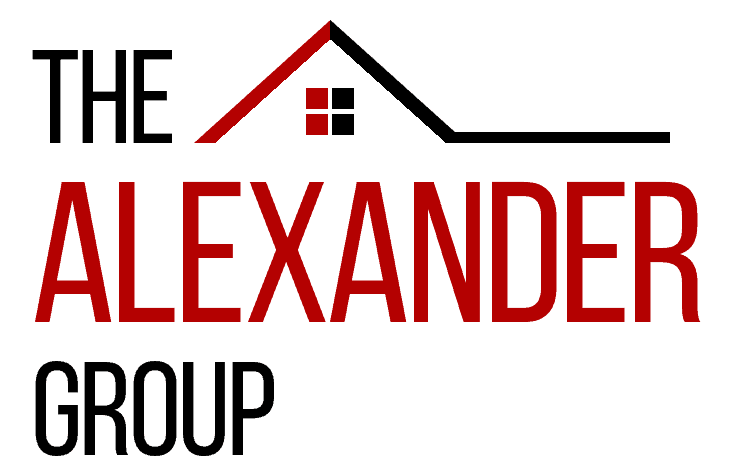One of the questions I get asked most often by sellers is why they shouldn’t list their homes at a higher price than the one I’ve suggested. The truth is that there are some real consequences to listing your home too high; it isn’t as harmless as it seems.
The most important factor in pricing your home is what the market will bear, not how much money you want to get. Sometimes sellers want to list a home at a certain price because of what they paid for it, how much money they’ve put into it, or how much money they need to get to buy their next home, but none of those are good reasons for picking a list price.
Buyers don’t care about any of those things. They just wait to pay the fair market value for your home.
Here are the reasons why you shouldn’t list your home as high as you want to.
You Lose Out on Early Interest
Homes attract the most interest when they are first listed. That’s when sellers are in the driver’s seat and you really have buyers’ attention. But if your home is overpriced, many Realtors will tell buyers to steer clear of it altogether.
Ideally, your home will be priced to sell within the first couple of weeks it’s on the market, when you have the most leverage with potential buyers.
Your Home Starts to Look Stale
When your home is overpriced, it’s much more likely to languish on the market, costing you money.
You may think you can solve the problem by just dropping the price to the appropriate level, but it doesn’t work that way. Multiple price drops can make people start to wonder what’s wrong with your home, when in fact, the only thing wrong with it was that it was listed too high to begin with.
The longer a home is on the market, the more you’ll have potential buyers waiting around until you lower the price. You often get less than you would have gotten had you priced the home correctly from the beginning. The longer a home sits on the market, the larger a discount people expect.
You Make Other Homes Look Like a Better Deal Than Yours
Today’s buyers have done their research and they (not to mention their Realtors) know what homes in your neighborhood are worth. When you price your home too high, people may not even want to look at your property. They also may not even want to bother negotiating because it’s out of their budget.
Your overpriced home makes other homes in your area look good. Buyers may snatch up your neighbor’s lower priced house, even though they liked yours better—because you make the other home look like a good deal.
Your Home Fails to Show Up in Search Results
Everyone searches for homes online with the parameters they choose (Realtors search for homes the same way). If you price your home at $350,000, everyone who’s only searching up to $325,000 won’t see your home.
Remember, buyers usually know what homes in your neighborhood are worth. Price your home in the range of comparable sales data so they see it. If your home is really only worth $325,000, you’re better off putting your home in the view of your ideal buyers rather than pricing it too high for them to find or notice.
Your Home Still Has to Appraise for Fair Market Value
Even if you get an offer for a higher price (something that’s happening right now because of our lack of inventory; about half of homes are going into multiple-offer situations), the home STILL has to appraise for the agreed-upon purchase price.
If the buyer is getting home financing, the bank wants to know that they’re lending for the amount the home is actually worth. (Here’s the reason cash is king; if you get an all-cash offer, take it!)
Here’s what the options are if the home you’re selling doesn’t appraise for the agreed-upon purchase price.
Back out of the deal: If the home doesn’t appraise for the agreed-upon price, both parties are allowed to back out of the deal.
Buyer can bring more cash to closing: If the buyer wants to move forward, they can bring more cash to closing to cover the difference between the appraised price and the purchase price.
Seller can lower the purchase price: The seller can lower the purchase price to meet the appraised value.
The buyer and seller can meet in the middle: The buyer and seller can meet in the middle and each take part of the hit. You lower the purchase price and they bring some cash to the table.
The appraisal can be appealed: While it’s certainly possible to appeal an appraisal, I only recommend this when it’s clear that there’s been a problem with the comps the appraiser used. Appraisals aren’t usually altered, so there has to be a clear mistake for this effort to be worth it.
When the appraisal doesn’t meet the agreed-upon purchase price, the first thing I do is hop on the phone with the other realtor and try to work something out. But it’s really best to avoid being in this situation in the first place by pricing the home correctly from the get-go.
A final note: there’s little danger in pricing your home too low. A low-priced home, especially in our market, will attract multiple offers and bring the purchase price up to a home’s fair market value.
The most important thing you can do to price your home correctly is a hire a realtor with extensive knowledge of your area, and then listen to him or her on list price. Don’t hire the realtor that’s willing to list your home for the highest price because you’re highly likely to end up getting less money than you would have if you had just priced the home correctly from the start.
If you want a competitive market analysis done on your home, just give me a call at (765) 543-5947! I’d be happy to go over a possible sales price with you.

